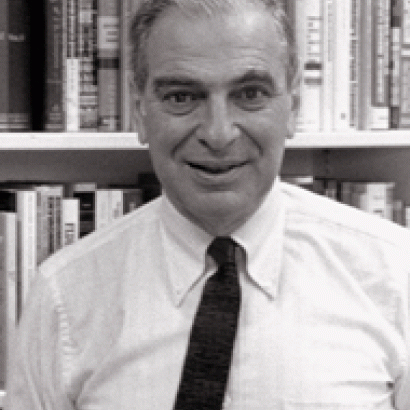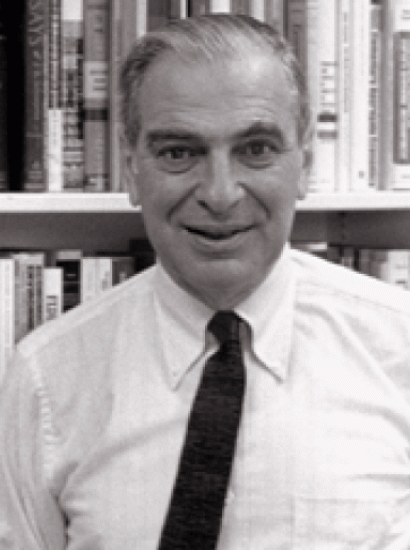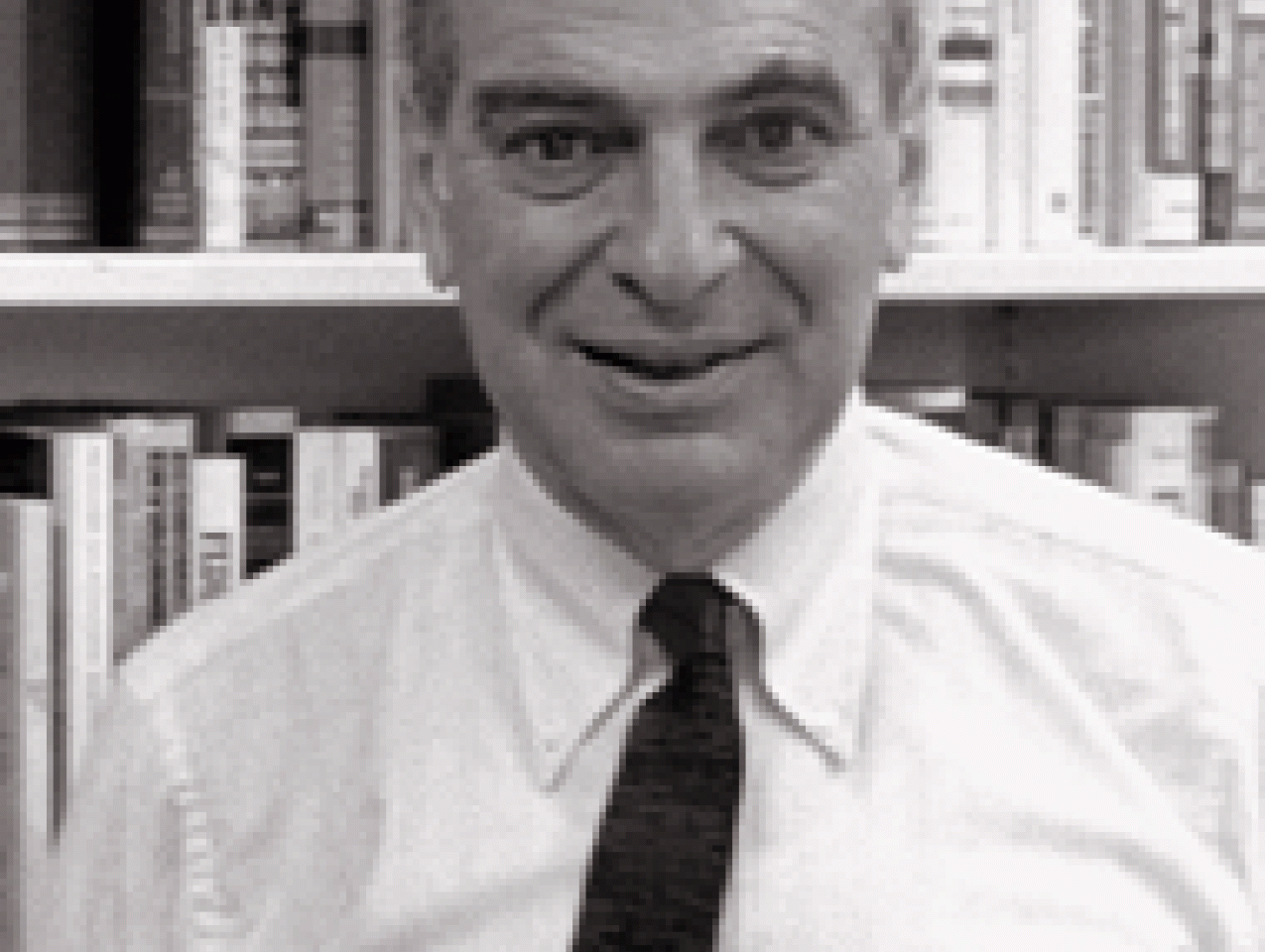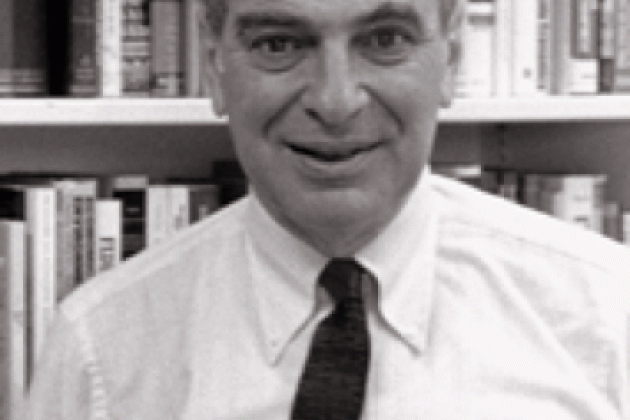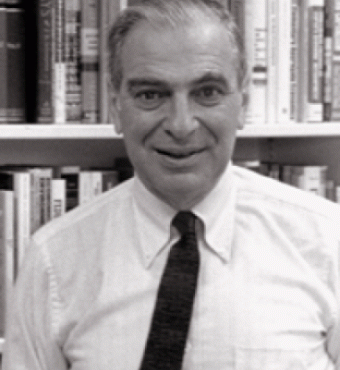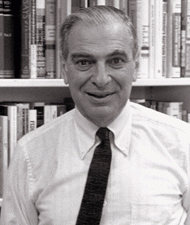- Economics
ROBINSON Consider two sets of statistics. In 1968, the average income for the richest one-fifth of American households came to about $74,000, while the average income for the poorest one-fifth came to less than one tenth of that amount, or about $7,000. That's the first set of statistics.
Here's the second. By 1994, the average income for the richest one fifth of American households had grown to $106,000, while the average income for the poorest one-fifth had barely risen at all, remaining at about $7,000.
Ken Arrow, do you accept the implication? That the rich in America are getting richer, while the poor are barely holding their own?
ARROW I do.
ROBINSON Ken Judd? Do you believe that the rich are pulling away while the poor are just treading water?
JUDD The evidence is pretty clear.
ROBINSON Why is the gap between rich and poor growing so sharply?
ARROW I must confess that it's something economics isn't so good at explaining. But there are several hypotheses that have been advanced. One is foreign trade, the notion that increased imports from low-cost countries--Indonesia, Malaysia, and China--are forcing down wages here in the United States. The problem with this view is that the volume of these imports simply isn't very big. It's less than 3 or 4 percent of national income.
ROBINSON So Ross Perot is overreacting? There's no giant sucking sound as jobs move overseas?
ARROW There is a sucking sound, but it's not giant. Let's call it a little hiss.
ROBINSON Okay, so there's a hiss. That's one factor.
ARROW A second factor is immigration. The notion is that a large proportion of immigrants to the United States are competing for low wage, low-skill jobs, once again driving down wage rates. But, again, this seems to leave the majority of the growing income inequality unaccounted for.
The third factor--the one that many stress--is that the changing technology of American industry is creating a greater demand for highly skilled workers. According to this view, it's less a matter of the poor doing worse and worse than of the rich doing better and better as the economy creates higher and higher rewards for those with extensive amounts of education and technical skills--for the so-called cognitive elite.
ROBINSON Ken Judd, you'd accept this description of the three factors?
JUDD I would, but I'd add one more. There have been important changes in the nature of the family. When we talk about how the typical family of today is doing compared with the typical family of thirty years ago, we're really comparing apples and oranges. The typical family of thirty years ago was pretty close to that old television show Ozzie and Harriett.
ROBINSON A mom and dad with two or three kids.
JUDD Right. And remember that the dad had a job while the mom stayed home to take care of the house and kids. Today you have a lot of families in which both the mom and dad have jobs. That tends to push up the income figures for the wealthier households. On the other end of the spectrum, you have a lot of single moms trying to raise kids by themselves, without any dad in the household at all. And that tends to push down the figures for the lower-income households.
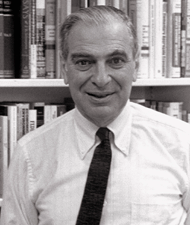
ROBINSON So the figures that show a growing gap between rich and poor aren't merely reflecting changes in the structure of the economy but changes in the structure of society?
ARROW There's no question about it. It used to be that if you looked at the people in the bottom, say, 10 to 20 percent of income, they'd be single males--drifters. Now what you'll find is single heads of households. This has great social consequences. Go back forty or fifty years, and you'll find that the proportion of children being brought up in the poorest one-fifth of households was about 15 percent. Today the figure is 25 percent. In fact, you have more children in this lower group than there are adults.
ROBINSON You're anticipating my next question, which is this. When you look at this pattern of growing income inequality, how do you respond to it? Is it something that concerns you? Or is it morally neutral, of no more importance to the formation of public policy than, say, the distribution of blonds, brunets, and redheads?
ARROW I myself begin with a value statement, on which people may differ. I find inequality to be in and of itself objectionable. Not everybody agrees with that statement. But, to me, the mere fact that members of the same community should differ so much is a bothersome thing. That doesn't mean that every inequality can be rectified--sometimes the cure creates problems that are worse than the disease--but it does mean that inequality is a problem you want to address if you can.
I'm especially concerned about the future of poor children. Every theory of human capital suggests that one place human capital is formed is the home.
ROBINSON By "human capital" you mean what?
ARROW The ability of people to produce based on intelligence, health, habits, aspirations. Now, growing up in poverty means a deprivation of opportunity for children. The mother isn't there because she's working all the time. The children are just put in front of television sets day after day. There's no opportunity for those children to form basic human capital, and this means that as workers twenty-five years from now they are going to be very ill formed.
ROBINSON Ken Judd? How do you respond to the pattern of income inequality?
JUDD I differ from Ken Arrow in that I don't regard income inequality as bad per se. A lot of the income inequality we see today is just a reflection of the fact that more people are going to college and graduate school.
I look at my own family, for example. There's far more income inequality in the current generation of my family than there was in my father's or my grandfather's generation. But that's because in past generations my ancestors attended school and then went to work on the farm. If you want everybody to have roughly the same standard of living, that's certainly one way to achieve it. But in my generation, you have my dad, who's still farming, then my sisters, who went to technical school, and then me, who went on to get a doctorate. There's a growth in income inequality among the three of us, but I don't think anybody would regard it as bad. So, to some extent, we're seeing growing income inequality just because people these days have more choices.
In order to make value judgments, I think you have to understand where the income inequality comes from. If it comes from different personal choices, or even just differences in abilities, most people would accept it. But if it comes from manipulating the political process to deny fair treatment to people who are out of power--say the poor--then of course that kind of inequality is unacceptable.
ROBINSON You, Ken Arrow, dislike income inequality per se, while you, Ken Judd, dislike it in certain circumstances. As a matter of public policy, what does either of you propose to do about it?
ARROW You pose a difficult problem because it's hard to see measures that would work. My own view is that there should be more redistributive measures, of which the earned income tax credit is an example.
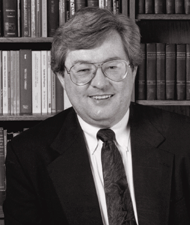
ROBINSON Explain how that works.
ARROW For people who have earned income up to a certain point, there's essentially a deduction on the income tax.
ROBINSON So in effect the earned income tax credit supplements the income of the working poor?
ARROW That's right.
ROBINSON I'm a little startled. In talking about the growing gap between rich and poor, we've been talking about one of the dominant socioeconomic developments of recent years, right? A development you find troubling in and of itself? Yet the only solution you propose is tweaking a program that's already in existence?
ARROW I'm afraid I'm convinced that, quite apart from one's attitude toward it, the market it extremely powerful. Probably in the long run about all we can do is ride out this growing gap.
ROBINSON Ken Judd? What would you do about the gap?
JUDD What policy should be focused on is preventing the problem in the first place. I think the one thing the data do tell us clearly is that income is very powerfully correlated with education. From an investment point of view, post–high school education in particular has a very good return. It pays better than the stock market.
ROBINSON Are you telling me that if I were an eighteen-year-old with $50,000, the return to me over the longer term would be higher if I invested my money in a college education than if I put it in the stock market?
JUDD That's been the historical experience. And if we care about income distribution twenty, thirty, and forty years from now, we need to deal with it now by seeing to it that people get adequate educations to compete in the future world, which will be dominated by technology.
ROBINSON Let me ask you both for a prediction. Ten years from now, will the gap in income inequality be bigger or smaller than it is today? Ken Arrow?
ARROW Anything I say would be purely a guess.
ROBINSON I'll take a guess from a Nobel Prize winner anytime.
ARROW All right, then. I expect that the technology is going to begin generating higher productivity throughout most of the economy and that this is going to show up in rising middle incomes. But I do fear that there's going to be a really lower class--it won't be very big, but it will be permanent--that results from damage to the family.
ROBINSON Ken Judd?
JUDD I guess I'm more pessimistic. The pace of technological change is going to continue over the next ten to twenty years--nobody disputes that. I see computers moving into factories and replacing people. And on the international side, if the United States continues a free trade policy, and if countries like China continue to grow through export-driven development, then that's going to spell bad news for blue-collar American workers. If Detroit thought it had problems dealing with Japan and Korea, just wait until the Chinese get into the business of building cars.








